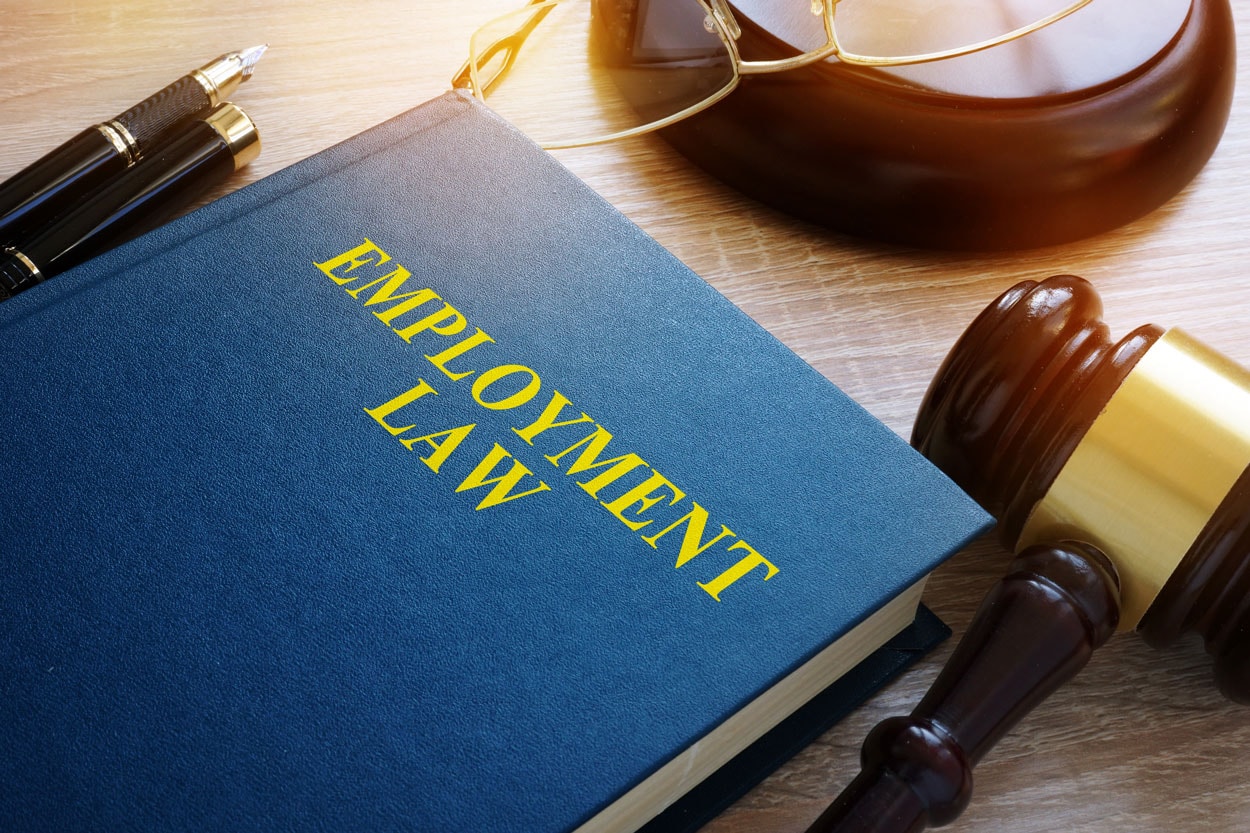Streamlined Trials Only Where No Other Way to Achieve Fair and Just Result?

Hou v. Canadian North Inc., 2024 ABKB 549, is a recent decision from the Alberta Court of King’s Bench assessing when it is appropriate to grant an order directing an action proceed by way of streamlined trial. The Court held that in the circumstances of the case ordering a streamlined trial would:
- Not permit a fair and just resolution of the issues in the actions; and
- Would be disproportionately deficient given the issues and evidentiary requirements of the actions.
Facts
The Plaintiffs each sought orders allowing their respective wrongful dismissal actions to proceed by streamlined trial. The application was opposed by the Defendants on the basis that there were multiple legal and factual issues in dispute.
Points of disagreement between the parties included:
- The Plaintiffs’ applications identified six issues requiring determination, including whether the Plaintiffs were employees of the Defendants, whether the Plaintiffs were terminated by the Defendants, and what compensation the Plaintiffs were entitled to receive. The Defendants raised an additional four issues including the court’s jurisdiction to hear the claim, limitations issues, and the apportionment of damages.
- The Plaintiffs’ applications contemplated two witnesses for each party in each action. One of the Defendants advised the court that they, on their own, anticipated calling 10 witnesses and an expert witness.
- The parties disagreed on the volume of documentary evidence, as well as the time that would be required for witness testimony and closing argument, if the matter were to proceed as a streamlined trial.
Analysis / Conclusion
The Court set out the test from the Alberta Rules of Court for directing that an action be heard through the streamlined trial process:
8.25 (1) The court, on application by a party or on the Court’s own motion, may order or direct that a court action be resolved by a streamlined trial if the Court is satisfied that
(a) it is necessary for the purpose of the action to be fairly and justly resolved, and
(b) it is proportionate to the importance and complexity of the issues, the amounts involved and the resources that can reasonably be allocated to resolving the dispute…
The Court considered “necessity” to be determined on a balance of probabilities, assessed on the limited materials contemplated by Rule 8.27 – namely the pleadings, statements by the parties of the issues to be resolved at the streamlined trial, outlines of the evidence that would be called at the streamlined trial, and “other relevant information, if any”.
At paragraphs 21 and 22 the Court noted:
[21] The necessity standard requires the moving party to show more than that it would be possible for a streamlined trial to achieve a fair and just result or that a streamlined trial would have the potential to achieve the fair and just result […] But the application should not succeed if the moving party shows only that a streamlined trial is one way of achieving a fair and just result. The term “necessity” imports exclusivity, the identification of the single means of achieving the fair and just result.
[22] Necessity, I observe, could be established by showing that an action can be fairly and justly resolved by streamlined trial but not by the ordinary trial process. Exclusivity can be established by eliminating alternatives.
In respect of the second portion of the test, proportionality, the Court assessed whether a streamlined trial would:
-
Provide sufficient procedural mechanisms to address the issues in the action; and
-
Whether a streamlined trial would result in savings of time and money of the litigants without imposing excessive burdens on judicial resources
The court found that based on the materials before it, which consisted of the pleadings and submissions of the parties, that a streamlined approach would not permit a fair and just resolution of the issues and would be disproportionately deficient compared to an ordinary trial due to the issues in the actions and the evidential requirements of the actions.
My Take
This is among the first reported decisions to have considered the test for a streamlined trial following changes to the Alberta Rules of Court earlier this year. Despite the reasons for decision having been released on September 17, 2024, it has already been applied in the reasons for another case (Bailey v. Northern Alberta Institute of Technology, 2024 ABKB 563) issued eight days later, which Bow River Law will summarize soon as well.
We are still in the early stages of judicial guidance on the application of the streamlined trial rules. However, if the changes to the streamlined trial rules were intended to encourage parties to make use of the streamlined rules rather than the ordinary trial process, the early returns are not promising. At the time of writing applicants are currently 0 for 3 in applications seeking a streamlined trial. The only reported case where it has been ordered is Moore, where there was less analysis because it had been considered appropriate for summary trial prior to the rule change.
The Court’s interpretation of Rule 8.25 as requiring the applicant to demonstrate that a streamlined trial, as distinct from an ordinary trial or any other process, would represent the single means of achieving a fair and just result, seems to set an extremely high standard. Meeting that standard will be especially difficult if the parties disagree on whether a streamlined trial is appropriate, as Rule 8.27 directs that the Court’s determination on whether to order a streamlined trial is based primarily on the pleadings and unsworn submissions of the parties.
Bow River Law provides these regular legal blog articles for the purposes of legal news, education and research for the public and the legal profession. These articles should be considered general information and not legal advice. If you have a legal problem, you should speak to a lawyer directly.
Bow River Law is a team of knowledgeable, skilled and experienced employment lawyers handling employment law, human rights (discrimination) and labour law matters. Bow River Law is based in Calgary but we are Alberta’s Workforce Lawyers.


